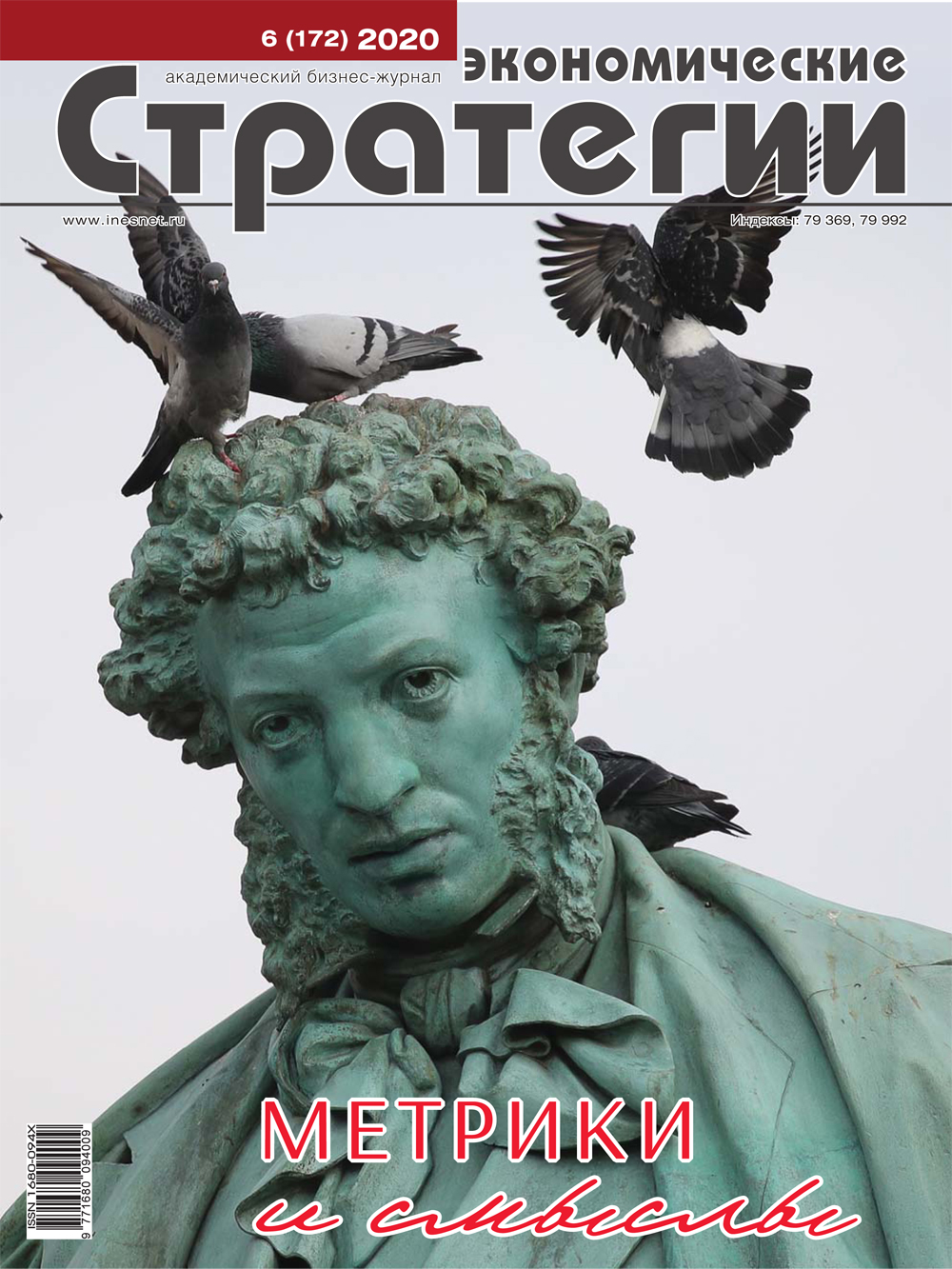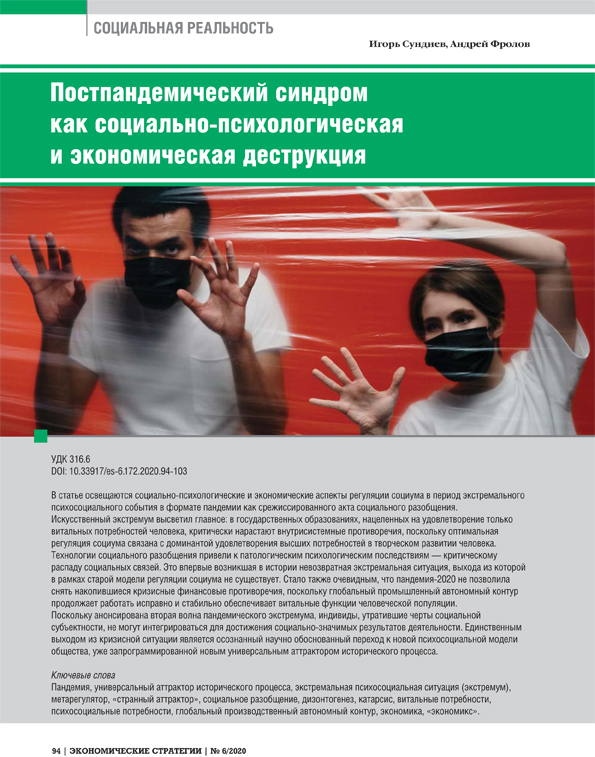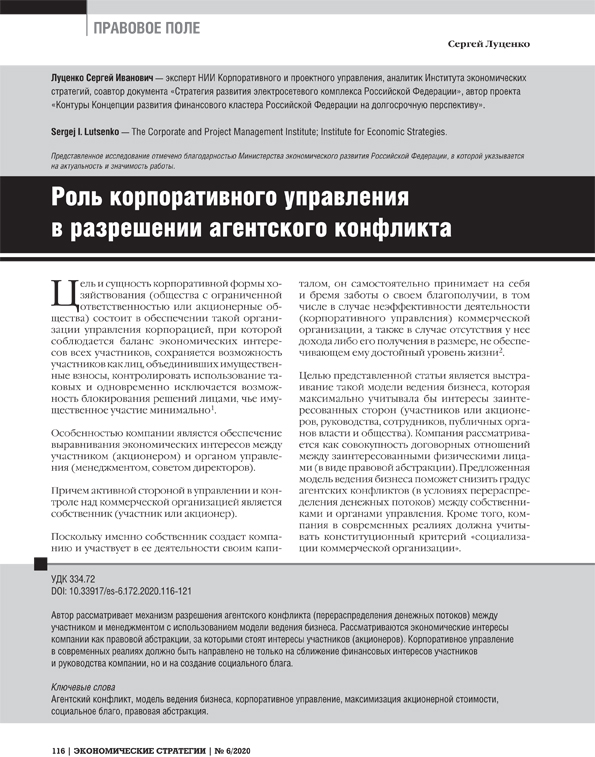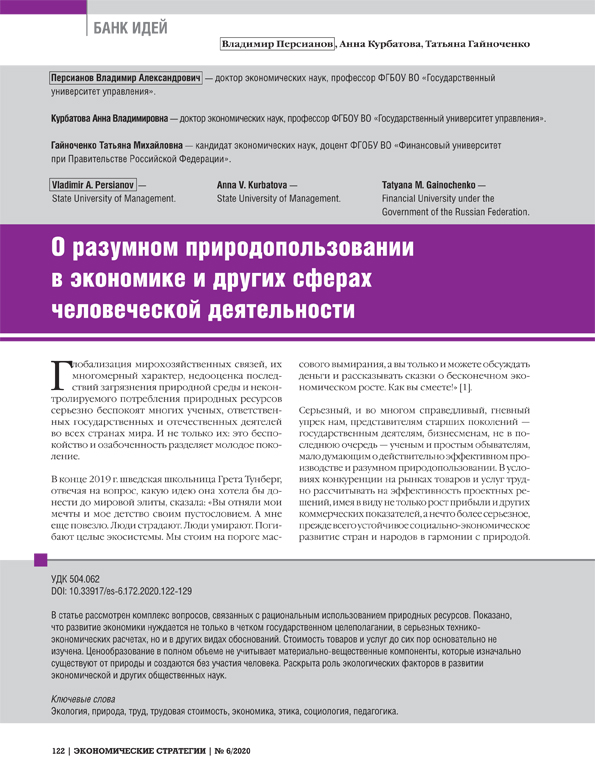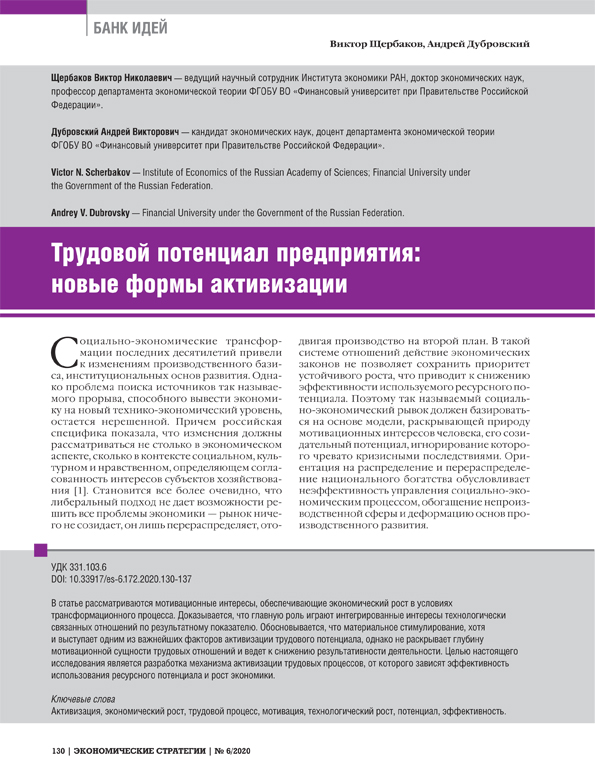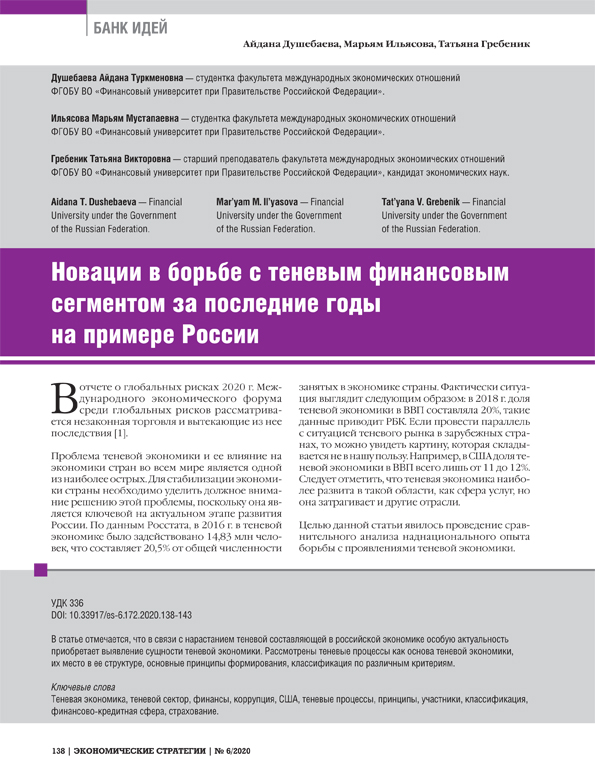Post-Pandemic Syndrome as a Socio-Psychological and Economic Destruction
DOI: 10.33917/es-6.172.2020.94-103
The article highlights the socio-psychological and economic aspects of the regulation of society during an extreme psychosocial event in the format of a Pandemic as a staged act of social separation. Artificial Extremum highlighted the main thing: in state entities aimed at satisfying only the vital needs of a person, intra-system contradictions are critically increasing, since the regulation of society is associated with the dominant satisfaction of higher needs in the creative development of a person.
Technologies of social separation have led to pathological psychological consequences — a critical breakdown of social ties. This is the first time that an irrevocable extreme situation has emerged in History, and there is no way out of it under the old model of social regulation. It also became clear that the “Pandemic-2020” did not allow to remove the accumulated financial crisis contradictions, as the global industrial Autonomous circuit continues to work properly and consistently provides vital functions of the human population.
Since the second wave of the pandemic extreme has been announced, individuals who have lost the features of social subjectivity cannot integrate to achieve socially significant results of their activities. The only way out of the crisis situation is a conscious scientifically based transition to a new psychosocial model of society, already programmed by a new universal attractor of the historical process.


